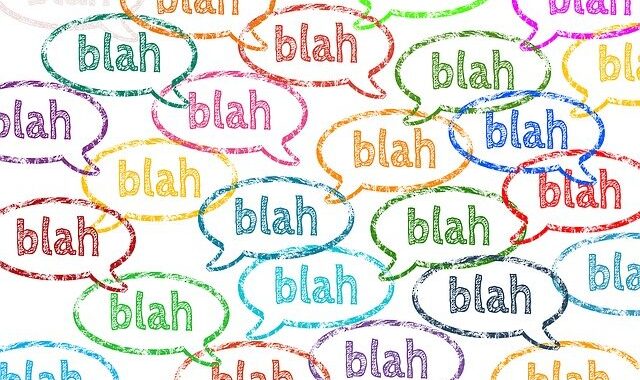
How to prepare to set goals you will achieve
You don’t need to wait for the New Year to set some goals. However, being a pragmatist, I realise that many of you will be motivated to do so with your New year’s resolutions. No matter when you choose to do it, it is important that you give it some thought and preparation before diving in. Otherwise, you risk setting random, aimless goals that do not align with your longer term hopes and dreams.
Preparation involves first looking back (reflection) over the previous year, then looking forward (future focus) and thinking about what you want for your future.
This blog poses six introspective questions to get your creative juices flowing. These will encourage you to reflect on your hopes, dreams, thoughts, and feelings, and enable you to learn from the past before thinking about how you want your future to be.
Find a quiet place and privately write down your answers to the questions posed. The questions below will help your thinking process but don’t try to have all the answers in one sitting. Write whatever comes to mind – don’t worry about spelling or grammar, just write the thoughts in your head. After recording your answers, put it aside for a few days then go back to it. You will be surprised at how new ideas will pop into your head and you may wish to edit out others.
This process helps you set goals that relate to your life priorities and desires. If you need more help, see my earlier blog on ‘How to live your best life’.
Q1 What went well for you in the last 12 months?
- What did you enjoy most about this?
- Why was this important to you?
- How could you build more of this into your life?
In his book, ‘Start with Why’, Simon Sinek describes the importance of establishing ‘Why’ to inspire action. It is therefore crucial to understand ‘why’ you are interested in something to help you create meaningful actions to achieve it.
Q2 What did not go so well for you in the last 12 months?
- What did you least enjoy and why?
- What could you have done differently?
- What can you do to avoid a similar situation?
Reflecting on mistakes will help you work out what you can do differently next time.
Q3 Which area(s) of your life would you most like to improve?
My earlier blog ’How to live your best life’ outlines different important areas of your life. The list is shown below. Review the list and add any areas of your life that might be missing (e.g. religious or spiritual).
- Health and wellbeing
- Work/career
- Family and friends
- Rest, play and pleasure
- Growth, learning and development
After checking the list is right for you, consider the area(s) you would most like to improve.
- Why is your selected area important to you?
- What will success look like when you have improved it?
- What has stopped you from improving this before now?
- What can you do to overcome the prohibiting factor(s) that stopped you?
Q4 What will you do to improve your selected area?
Don’t be tempted to write unattainable actions that you know you will not follow through on. Consider your time availability and commitment as well as any costs involved. For example, if you want to improve your ‘rest, play and pleasure’ area by learning to fly a plane. Realistically, can you afford flying lessons? Do you have the time to take the lessons and practice? Instead, choose something that is a stretch for you, but is achievable within your budget and time. Work on generating small achievable steps that you will take to get you closer towards your bigger goal.
Q5 What do you love doing?
Is there something you have been thinking about doing for some time but have not got around to doing? Examples are things like: write a book; learn a language; move house; change your job. If there is something you have been promising yourself you will do “one day”, the key question is what has stopped you so far?
- What do you love about this?
- What is stopping you from doing it or doing more of this?
- How will you free up time to do some or more of this?
Q6 What are you most looking forward to?
This is a future focused question. It will help you get motivated and excited about the future. It will energise you to commit to your goals.
- What is it about this that you are looking forward to?
- How will you feel when this happens?
- What will you change or do to make it happen?
Final tips:
Writing down your thoughts before going straight to setting goals will make it feel personal, relevant, and real. After reflecting on your answers, what improvement goal(s) will you now commit to? To make it a goal, convert your thoughts from simply stating what you want, to listing what you will do about it, when and how.
- Only set goals that relate to you and those you feel genuinely motivated to do something about.
- In terms of how to measure your progress, think about what you would like more of, less of, or whether you would like to stop or start something.
- Break down each goal into small steps that will take you towards it rather than try to achieve it with one big action. You are more likely to stick at it if you create little steps.
- Limit yourself to setting 3-5 goals a year. The fewer the better, as you are more likely to achieve something if you focus on it. It is always better to achieve one thing than nothing!
If you need more help – grab a copy of my FREE Goal Setting Guide: https://karencastille.com/. It will help you set meaningful goals that will make a lasting difference to your life


